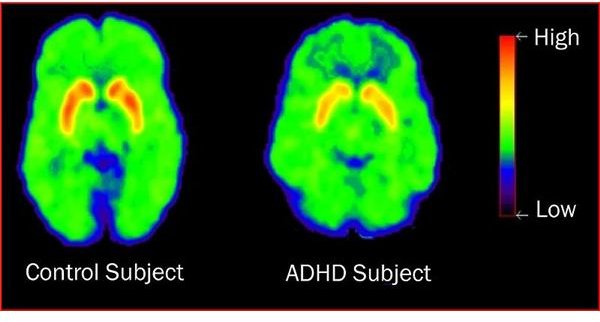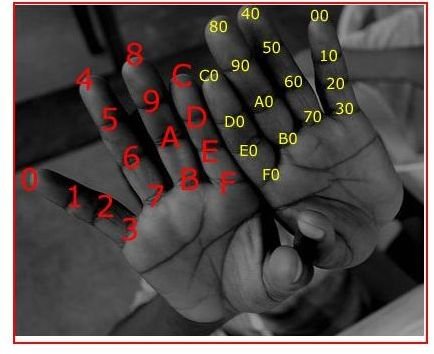Exploring ADHD Obsessive Compulsive Disorder Similarities, Differences, and Comorbidity
Overview
The ADHD obsessive compulsive disorder (OCD) relationship can cause some confusion as certain characteristics of one disorder can resemble the other. It is also possible, and not at all uncommon, to have both yet only be diagnosed with one. The wrong medications will only worsen your mental health. It may even be difficult for doctors and trained mental health professionals to differentiate the two without an in-depth analysis of the person who suspects they have one or both. It is with this in mind that we shall describe some of the prominent similarities and differences after the precise definitions of each are presented.
Basic Definitions
OCD is essentially a neurologically based disorder that causes anxiety and distress including obsessive, obtrusive, and unwanted thoughts that spur on compulsive behavior. This anxiety disorder can be disabling and is sometimes characterized by obsessive actions such as cleaning, extreme avoidance of germs, hoarding, counting, organizing, and checking. These obsessive, recurring thoughts and compulsive behaviors persist despite the fact that they’re unwanted, irrational to the sufferer, and the person’s attempts to stop them fail. Not performing specific rituals emanating from obsessive thoughts greatly increases the intensity of the anxiety.
Attention deficit hyperactivity disorder is a neurobehavioral condition marked by inattention and hyperactivity which can manifest in any of the following ways; forgetfulness, fidgeting, being easily confused, difficulty in following instructions, non-stop talking, constant daydreaming, squirming, impatience, and unrestrained emotional outbursts.
Similarities Between ADHD Obsessive Compulsive Disorders
- Both are characterized by the inability to manage, regulate, and control emotions.
- Both essentially entail intrusive, persistent, and unwanted thoughts that are physically and mentally disruptive.
- The behaviors exhibited by both disorders are also unwanted since being a happy, contented, and serene human is obviously a more desired state of being. It’s very important to understand this if you are someone who cares about someone with ADHD, OCD, or both, because they would certainly rather go through life without mental afflictions.
- Both disorders are believed to originate from imbalances in the same region of the brain, namely the prefrontal cortex. Although a look at what ADHD does to the brain will explain that ADHD causes this region to be underactive while OCD causes it to be overactive.
Differences in These conditions

There is a significantly less amount of blood flow (in the left prefrontal cortex in particular) in ADHD children than is found in OCD children. This leads to less brain activity.
Perhaps the most telling clue indicating that someone has ADHD and OCD, or OCD rather than ADHD, is when a significant increase in OCD behaviors occurs after taking a stimulant medication such as Ritalin.
Medications such as an SSRI will usually cause a lessening of the symptoms of OCD while a stimulant will exacerbate them. If a person has both conditions, the OCD is treated first and then a stimulant can be reintroduced without causing an increase in OCD behaviors.
Someone with OCD doesn’t entertain their obsessive thoughts or engage in their compulsive behaviors because they want to, but rather they feel they have to. So the repetitive rituals they perform speak more to OCD than ADHD. And the obsessive thoughts and compulsive behaviors are usually limited to specific ideations and tasks rather than the chronic and pervasive behaviors that are spread out on a much wider spectrum that is necessary to distinguish and diagnose the presence of ADHD.
The anxiety of a patient with OCD is primary to those thought and behaviors that they are obsessive about while the anxiety that is a symptom of ADHD, especially in children is secondary. It is a result of poor performance in everyday activities at work, school, and in social activities because the inattentiveness, over-stimulation, and impulsive behaviors are primary.
With all that said, the differentiation between ADHD obsessive compulsive conditions should be a little clearer. At the same time, it should be more apparent to recognize when the two conditions are comorbid. Self-diagnosis cannot be achieved merely by reading and applying the information here. You will need the help of a doctor to receive the proper diagnosis and treatment.
Image courtesy of commons.wikimedia.org
Sources
https://www.medterms.com/script/main/art.asp?articlekey=4610
International OCD Foundation: Obsessions and Compulsions
U.S. National Library of Medicine: National Institutes of Health @ www.ncbi.nlm.nih.gov
